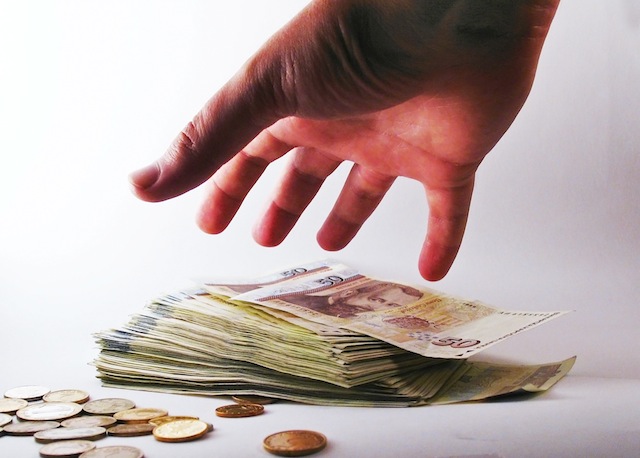“Raising money is like ordering dinner,” says startup founder Geoff McQueen about attracting investors. “If you’re only a little bit hungry, you should only buy an appetizer.”
McQueen was writing about his company, professional services platform Affinity Live, achieving its first round of funding. While the amount raised is a relatively modest two million dollars, the main gain for the company is getting some experienced business people on board.
Unlike many of the high profile billion dollar ‘unicorns’, cash flow positive businesses like Affinity don’t need large swags of cash to grow. As McQueen points out, big investment rounds put pressures on management and risks the company’s culture changing “from one of discipline and taking on the world to one of comfort and entitlement”.
Pushing out the owners
Another risk for founders is they could end up diluting themselves out of the business they’ve built, as venture capital investor Heidi Roizen points out it’s possible for the creators of a billion dollar startup to find themselves broke.
Roizen observes “venture capital is not free money. It’s debt. And then some”, something that’s overlooked by many commentators who think a fund raising – and the resultant valuation – goes straight into the pockets of a company’s founders.
Unless it’s Google Ventures doing the investment, it’s unlikely the founders will be buying Porsches after a VC round and usually the funding goes into growing the business. For many big name startups those capital needs can be huge as we see with Uber where reports indicate the company is currently losing two dollars for every dollar it earns.
Beating the burn rates
Most businesses though can only dream of burn rates in the hundreds of millions a year and their needs are far more modest illustrating McQueen’s point about excess capital.
As we saw in the dot com bust it was the lean and focused companies that survived the downturn, there’s little to think the next industry shake it will be different. That’s why companies like Affinity Live and founders like Geoff McQueen will probably still be around when the dust and hype settles.

Leave a Reply